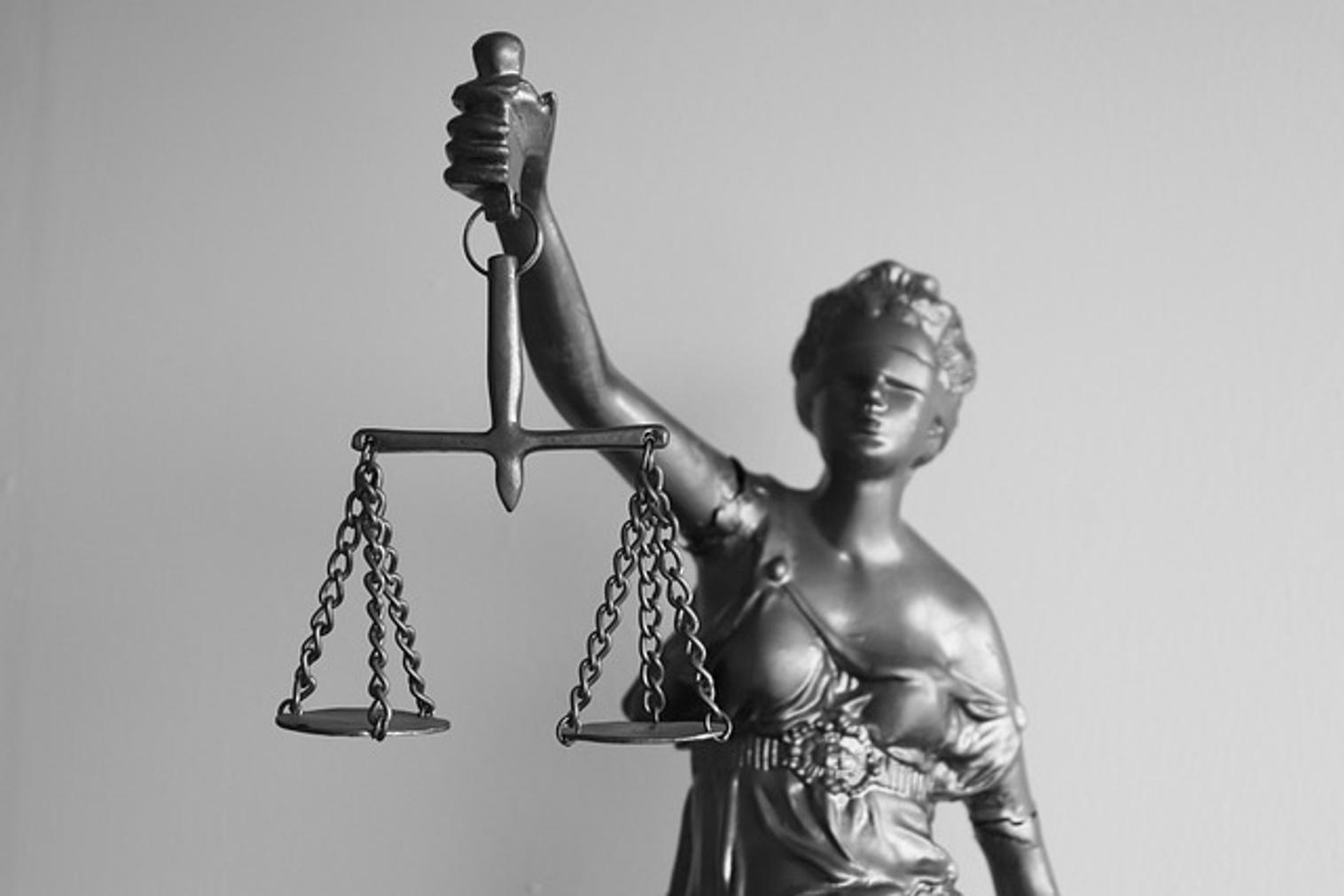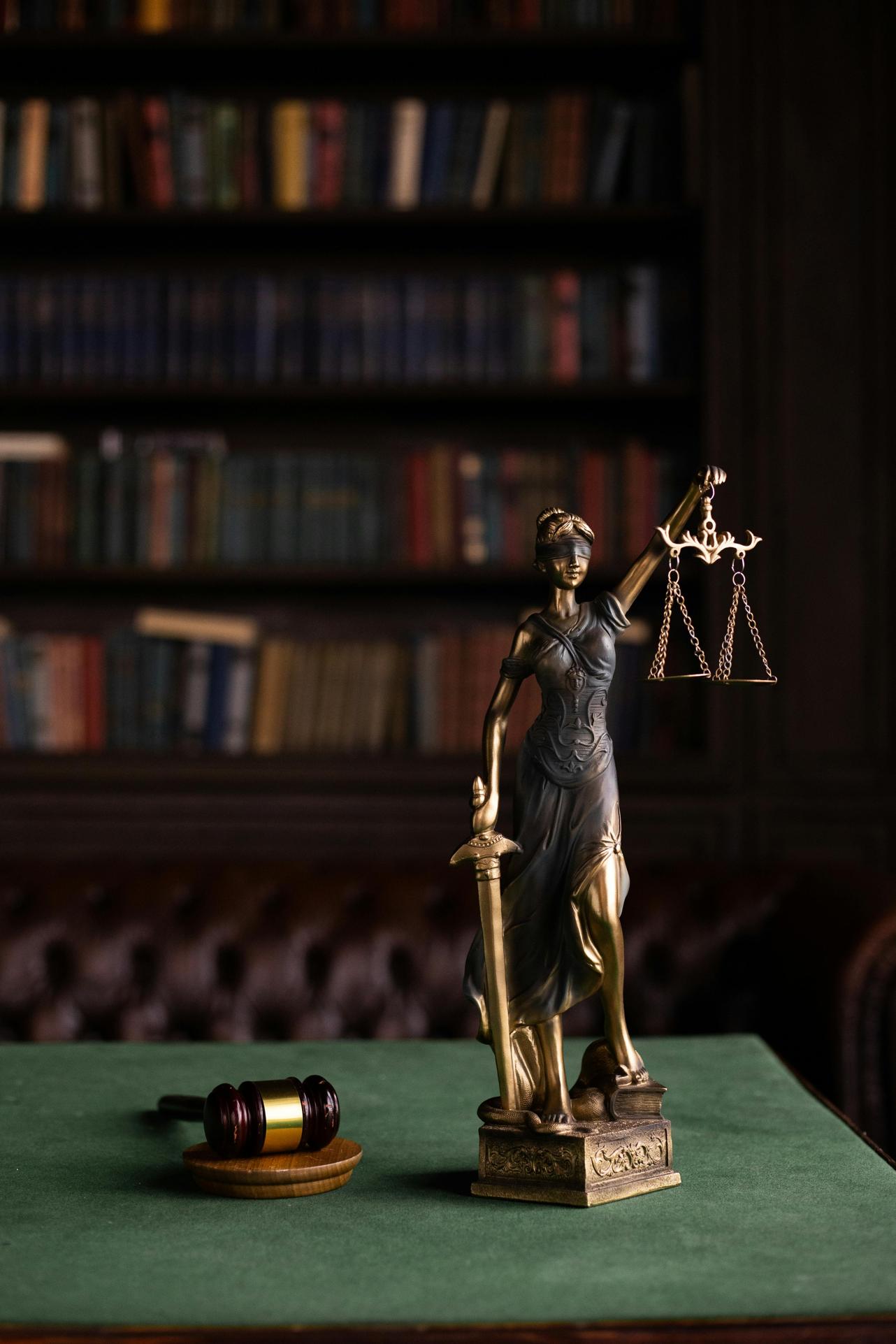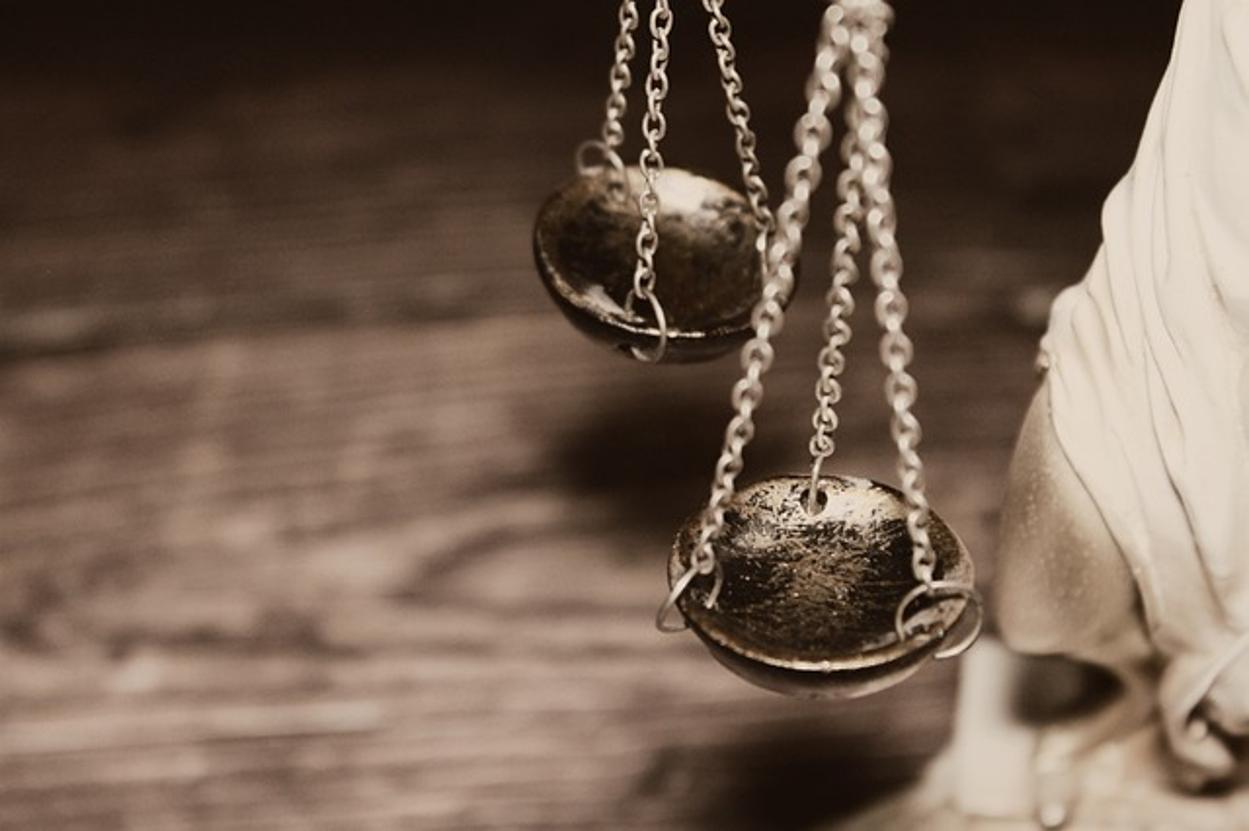Are Dashcams Legal? Understanding the Legal Landscape in the US
Introduction
Are dashcams legal in the United States? This question is on the minds of many drivers intrigued by the potential benefits of these small, dashboard-mounted cameras. Dashcams, short for dashboard cameras, have seen a surge in popularity due to their ability to capture real-time footage of driving incidents. However, the legality of using dashcams is far from straightforward, involving a complex web of federal and state laws.
Navigating this legal landscape can be confusing, especially when considering privacy concerns and the implications for insurance and law enforcement. This comprehensive guide aims to clarify the legal standing of dashcams in the US, offering detailed information to help you ensure compliance with pertinent laws and regulations.

What is a Dashcam?
A dashcam, or dashboard camera, is a device mounted on the dashboard or windshield of a vehicle, designed to capture video and sometimes audio of the road ahead (and sometimes behind). These compact cameras continuously record while the vehicle is in operation, and some advanced models come equipped with features like GPS tracking, night vision, and collision detection.
Dashcams come in various types, including single-lens, dual-lens, and multi-lens setups. Single-lens dashcams capture footage of the front of the vehicle, while dual-lens dashcams record both front and rear views. Multi-lens dashcams can cover blind spots or interiors, providing a comprehensive view.
The primary purpose of a dashcam is to serve as an objective witness in case of accidents, traffic violations, or other road incidents. They can provide valuable documentation for insurance claims, legal disputes, and even personal safety.
Why Are Dashcams Popular?
Dashcams have grown increasingly popular for several compelling reasons:
- Accident Evidence: Dashcams provide undeniable evidence that can clarify fault in accidents.
- Insurance Claims: Video footage can speed up the claims process and prevent fraud.
- Personal Security: Dashcams can deter theft, vandalism, and false accusations.
- Monitoring Driving: Parents and employers use dashcams to monitor driving habits and ensure safety.
The rise in ridesharing services and delivery businesses has also fueled the demand for dashcams, as drivers seek to protect themselves against liabilities and disputes.
Federal versus State Laws
When it comes to dashcams, understanding the distinction between federal and state laws is crucial. The United States doesn't have overarching federal laws that specifically address the use of dashcams. Instead, the legal guidelines predominantly come from state laws, which can vary significantly.
At the federal level, laws generally pertain to overall vehicle safety and privacy but do not explicitly govern dashcams. Federal regulations may impact aspects like where a dashcam can be mounted to ensure it doesn't obstruct the driver's view, but they stop short of fully legislating their use.
State laws, on the other hand, cover a wider range of issues including recording consent, obstruction of view, and specific use cases. Knowing these state-specific laws is essential for ensuring your dashcam's legal compliance.
State-by-State Breakdown
Laws regarding dashcams vary from state to state. Here’s a brief overview of the regulations in some key states:
- California: Dashcams are legal but must adhere to strict placement guidelines to prevent obstruction of the driver's view. Two-party consent is required for audio recording.
- New York: Dashcams are allowed but cannot be placed where they obstruct the windshield. In-cabin audio recording requires consent from all parties.
- Texas: Allows video and audio recording as long as the dashcam does not obstruct the driver's view. Texas is a one-party consent state, so only the driver's consent is needed for recording.
- Florida: Dashcams are legal and can record video and audio with one-party consent. Again, the dashcam must not obstruct the driver’s field of vision.
- Illinois: Requires the consent of all parties for audio recording. Dashcams should be mounted without obstructing the driver’s view.
These examples illustrate the diversity of state laws around dashcams. Always check the specific regulations in your state to ensure compliance.
Privacy Concerns and Laws
Privacy concerns often arise when it comes to dashcams. The most significant privacy issue involves consent for audio recording. The United States follows two main types of consent laws:
- One-party consent: Only one participant in the conversation (typically the person recording) needs to be aware that it is being recorded.
- Two-party (or all-party) consent: All participants in the conversation need to know that the recording is taking place.
States like California and Illinois have stringent two-party consent laws, making it illegal to record conversations without the explicit permission of all parties involved. In contrast, states such as Texas and Florida operate under one-party consent rules.
Another privacy aspect concerns the recording of individuals without their knowledge, particularly in residential areas or public spaces. Unauthorized recording can infringe on privacy rights and lead to legal consequences. Always be mindful of these laws to avoid inadvertently violating someone's privacy.

Implications for Insurance and Law Enforcement
Dashcams have profound implications for both insurance claims and law enforcement activities:
-
Insurance Claims: Dashcam footage can serve as concrete evidence during insurance claims, helping to establish fault, prevent fraud, and expedite the claims process. Many insurance companies now consider dashcam footage when evaluating claims, which can be beneficial to the policyholder.
-
Law Enforcement: Law enforcement agencies sometimes use dashcam footage in criminal investigations, traffic violation cases, and accident reports. The footage can provide unbiased evidence that supports the accounts of involved parties or witnesses.
Insurance companies and law enforcement agencies increasingly recognize the value of dashcams, but it’s essential to ensure that the footage is legally obtained and adheres to relevant privacy laws.
How to Ensure Compliance
Ensuring your dashcam use is compliant with legal requirements involves several steps:
- Familiarize Yourself with Laws: Understand the specific dashcam laws in your state, including consent requirements for audio recording and placement regulations.
- Proper Installation: Mount your dashcam according to legal guidelines to prevent it from obstructing the driver’s view.
- Obtain Consent: If you plan to record audio, make sure you obtain the necessary consent as per state laws.
- Regular Updates: Stay informed about any changes in federal and state laws regarding dashcams to ensure ongoing compliance.
By following these steps, you can maximize the benefits of using a dashcam while mitigating legal risks.

Conclusion
Navigating the legal landscape of dashcam use in the United States requires a blend of state-specific knowledge and awareness of federal guidelines. While dashcams offer numerous benefits for vehicle owners, from enhancing personal security to providing crucial evidence in accidents, it is crucial to stay compliant with the laws governing their use. Familiarize yourself with your state’s regulations, obtain the necessary consent for recording, and ensure proper installation to make the most of your dashcam legally and ethically.
Frequently Asked Questions
Are there any federal laws governing dashcams?
No, there are no federal laws that specifically govern the use of dashcams. Federal regulations focus more on general vehicle safety and privacy, leaving dashcam laws to the states.
Can dashcam footage be used in court?
Yes, dashcam footage can be used as evidence in court. It’s often considered reliable and unbiased, but its admissibility may depend on how the footage was obtained, particularly concerning consent laws for audio recording.
How can I ensure my dashcam use is legal?
To ensure your dashcam use is legal: - Understand your state’s laws regarding dashcams, including consent requirements for audio recording. - Mount your dashcam so that it does not obstruct the driver’s view. - Regularly check for updates in dashcam laws to stay compliant.



